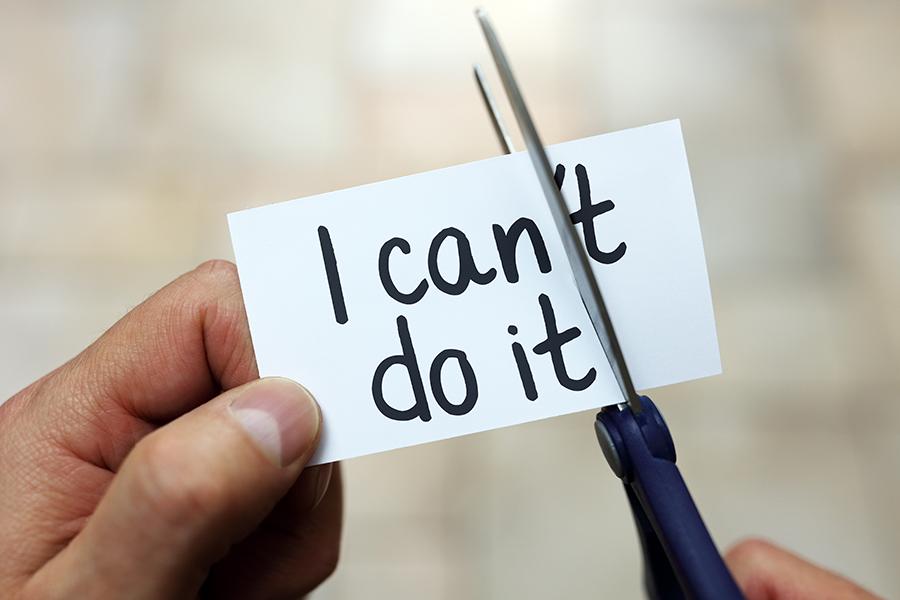In the fast-paced world we navigate today, personal growth and self-assurance are not just desirable traits but essential components for success and fulfillment. At the heart of these transformative qualities lies a powerful tool that is often overlooked: self-reflection. This introspective practice serves as a compass, guiding individuals toward a deeper understanding of themselves and their aspirations. By engaging in self-reflection, individuals can unlock a reservoir of potential, enhancing their personal development and bolstering their confidence. This article delves into the pivotal role of self-reflection in fostering personal growth and building unwavering self-confidence, offering practical insights and strategies to harness its power effectively. Whether you’re seeking to refine your personal goals, improve your decision-making, or simply understand yourself better, mastering the art of self-reflection can set you on a path of continuous growth and self-assuredness.
Understanding the Connection Between Self Reflection and Personal Growth
Embracing self-reflection as a vital part of one’s personal development journey can lead to profound transformations. This practice encourages individuals to delve into their thoughts, actions, and emotions, fostering a deeper understanding of their personal motivations and desires. By regularly engaging in introspection, one can identify areas that require growth and develop strategies to overcome personal challenges. Self-reflection acts as a catalyst for change, allowing individuals to step back, evaluate their progress, and align their actions with their long-term goals.
- Clarity and Focus: Gaining insight into one’s strengths and weaknesses helps in setting realistic and achievable goals.
- Enhanced Emotional Intelligence: Understanding emotional responses leads to better interpersonal relationships and communication.
- Increased Confidence: Acknowledging progress and accomplishments builds self-assurance and motivates further growth.
Incorporating self-reflection into daily routines can significantly enhance one’s ability to navigate life’s complexities with confidence. By cultivating a habit of introspection, individuals can unlock their potential and embark on a continuous journey of personal evolution.

Techniques to Enhance Self Reflection for Greater Confidence
Developing a deeper understanding of oneself through introspection can significantly boost self-assurance. Start by integrating journaling into your daily routine. This practice not only helps in organizing thoughts but also in identifying recurring patterns in behavior and emotions. Take time to ponder questions like: What am I proud of today? or What could I have done differently? These reflections can provide insights into your strengths and areas for improvement.
- Meditation: Engage in mindfulness meditation to quiet the mind and focus on the present moment. This practice enhances self-awareness and can reveal underlying beliefs affecting confidence.
- Feedback Seeking: Regularly ask for constructive feedback from trusted peers or mentors. This external perspective can highlight blind spots and validate your self-assessments.
- Goal Setting: Set achievable personal goals and reflect on your progress regularly. Celebrate small victories to build a sense of accomplishment and boost self-esteem.
By consistently applying these techniques, you not only nurture a habit of self-reflection but also cultivate a stronger, more confident version of yourself.

Implementing Self Reflection Practices in Daily Life for Personal Development
Integrating self-reflection into your daily routine is a transformative journey that nurtures personal growth and boosts confidence. By setting aside a few moments each day to introspect, you can gain clarity on your thoughts, emotions, and actions. This practice encourages mindfulness and helps in recognizing patterns that might be holding you back. Here are some practical ways to incorporate self-reflection into your everyday life:
- Journaling: Spend 5-10 minutes each evening writing down your thoughts and feelings. This helps in processing the day’s events and understanding your emotional responses.
- Meditative Reflection: Dedicate a quiet time, perhaps in the morning, to meditate on your intentions for the day. Focus on aligning your actions with your personal values.
- Daily Question: Ask yourself a thought-provoking question at the start or end of your day, such as “What am I grateful for today?” or “What could I have done differently?”
- Mindful Walks: Take a short walk without distractions, focusing on your surroundings and your thoughts. This can provide new insights and enhance your mood.
By consistently engaging in these practices, you will develop a deeper understanding of yourself, fostering both personal development and a stronger sense of self-assurance.

Evaluating the Impact of Self Reflection on Long-term Confidence Building
Self-reflection is a powerful tool in the journey towards personal growth, acting as a catalyst for developing long-term confidence. By engaging in consistent introspection, individuals can gain a deeper understanding of their strengths and weaknesses, which in turn fosters self-assurance. This process involves analyzing past experiences, evaluating one’s actions, and considering the emotional responses to various situations. As individuals become more adept at this, they begin to recognize patterns and identify areas for improvement. This awareness not only boosts self-esteem but also empowers individuals to make informed decisions, ultimately enhancing their ability to face future challenges with poise and assurance.
- Increased Self-Awareness: By regularly examining one’s thoughts and actions, individuals become more aware of their capabilities and limitations.
- Improved Decision-Making: Understanding past behaviors allows for more strategic and confident decision-making in the future.
- Enhanced Emotional Intelligence: Self-reflection aids in recognizing and managing emotions, leading to better interpersonal relationships.
- Strengthened Resilience: Reflecting on past challenges builds a mental framework that supports perseverance and adaptability.
Through these benefits, self-reflection becomes an integral component of confidence building, transforming the way individuals perceive themselves and interact with the world around them. Embracing this practice not only nurtures personal growth but also lays a robust foundation for sustained self-confidence.




